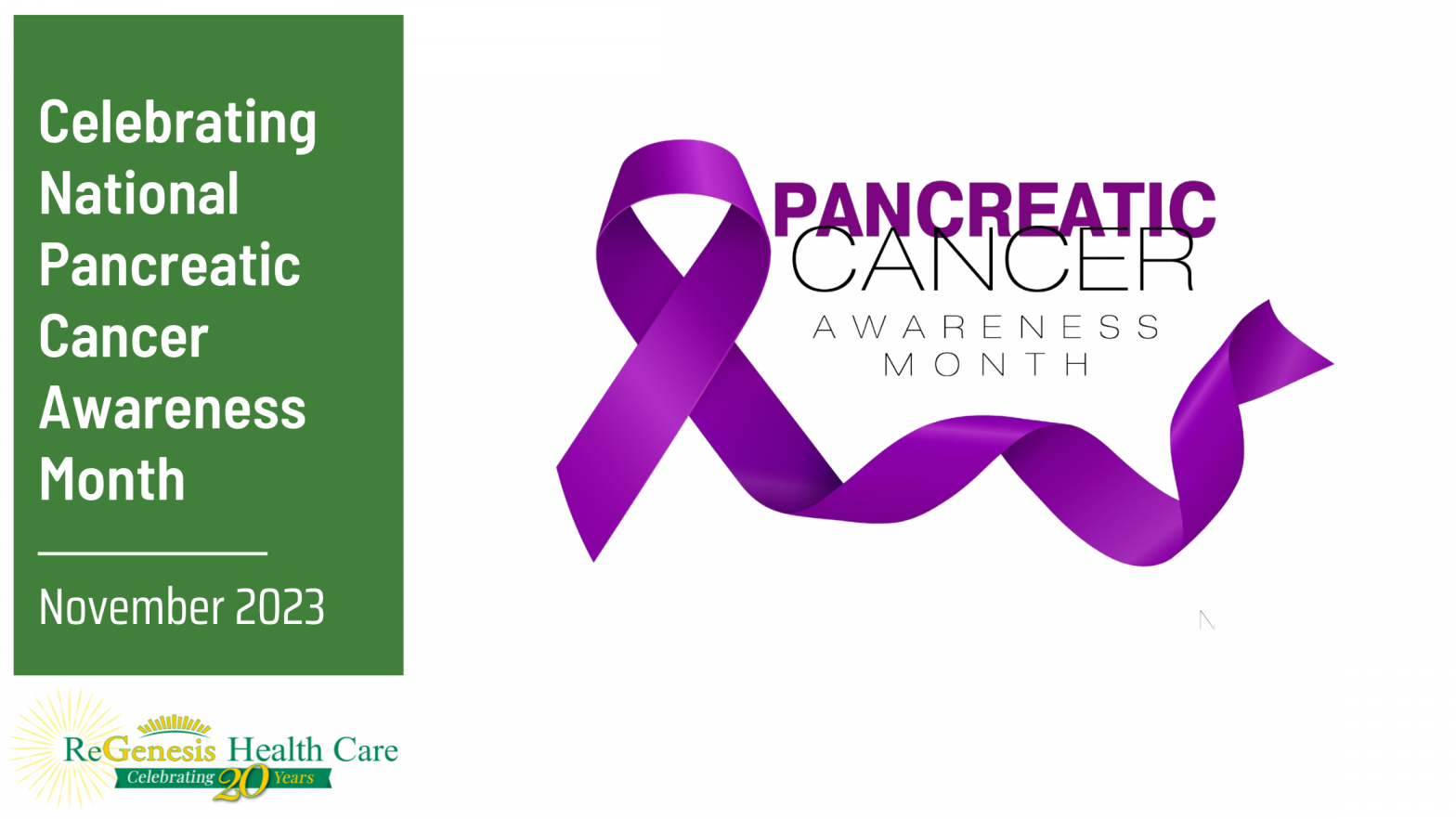National Pancreatic Cancer Awareness Month: What You Need to Know
November marks National Pancreatic Cancer Awareness Month. A time dedicated to raising awareness, educating, and advocating for those affected by this deadly disease. Pancreatic cancer is one of the most lethal forms of cancer. It is often diagnosed in its advanced stages, making it incredibly difficult to treat. However, with increased research and early detection efforts, there is hope for improving outcomes for those diagnosed. In this blog post, we will discuss pancreatic cancer, its risk factors, warning signs, and available treatment options to help raise awareness and educate those impacted by this devastating disease.
Pancreatic cancer is a type of cancer that develops in the pancreas, a gland located behind the stomach that produces enzymes that aid in digestion and hormones that regulate blood sugar. According to the American Cancer Society, approximately 60,430 people will be diagnosed with pancreatic cancer in the United States this year, and an estimated 48,220 will die from the disease. Pancreatic cancer is often asymptomatic in its early stages, making it challenging to detect. However, as the cancer progresses, symptoms may include abdominal or back pain, jaundice, unintended weight loss, loss of appetite, and fatigue.
Risk Factors
Several risk factors increase the likelihood of developing pancreatic cancer. This can include age, smoking, obesity, chronic pancreatitis, family history of pancreatic cancer, and certain genetic mutations. While some risk factors, such as age and family history, cannot be altered, there are steps individuals can take to reduce their risk of developing pancreatic cancer. Quitting smoking, maintaining a healthy weight, and limiting alcohol consumption are all essential factors in reducing your risk.
Tests & Treatments
If pancreatic cancer is suspected, a healthcare provider may recommend imaging tests. These tests can include a CT scan, MRI, or ultrasound to evaluate the pancreas and surrounding organs. In some cases, a biopsy may be necessary to confirm the diagnosis. Treatment for pancreatic cancer typically depends on the stage and location of the cancer. Treatments may include surgery, chemotherapy, radiation therapy, or a combination. In some situations, palliative care may be necessary to manage symptoms and improve quality of life.
National Pancreatic Cancer Awareness Month serves as a reminder to take action and raise awareness about this devastating disease. By understanding the risk factors and warning signs, individuals can work with their healthcare providers to develop a plan for early detection and prevention. While pancreatic cancer is a challenging illness, there is hope through ongoing research and improved treatment options. By working together, we can make progress towards a future where pancreatic cancer is no longer a significant threat.



